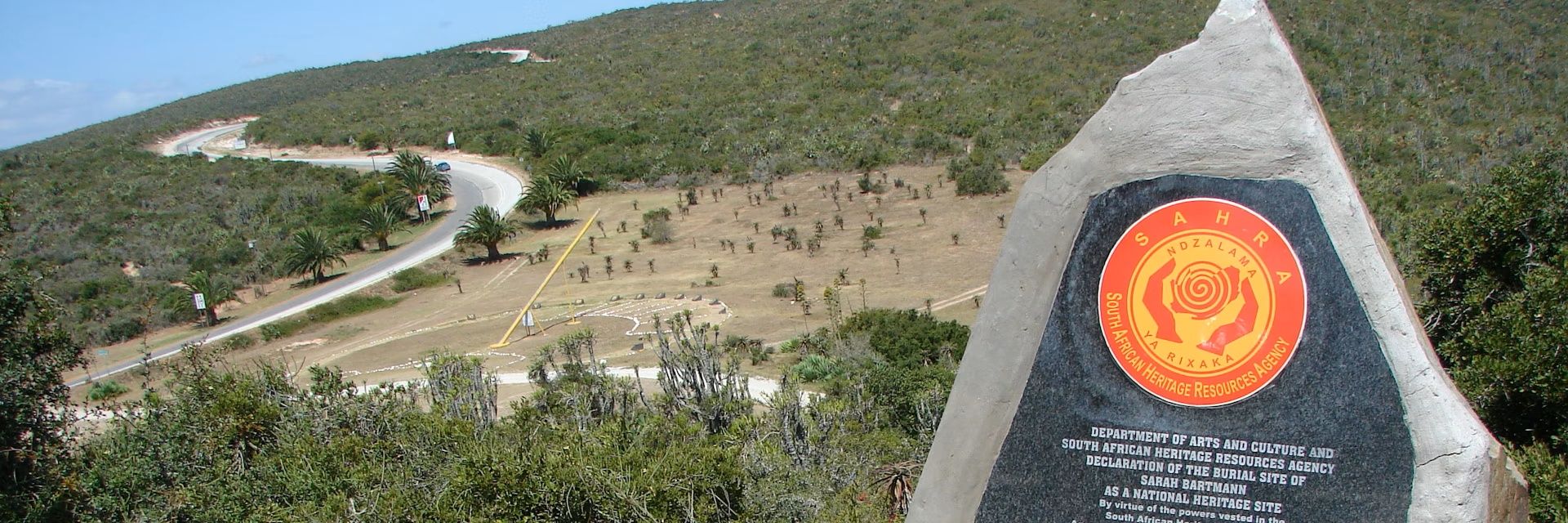
Human activities are causing climate change on earth, which is now endangering lives and livelihoods. Rising temperatures, rising sea levels, and food insecurity are some of the consequential effects of the climate crisis. As a result, Africa’s economy has been greatly disrupted and the effects are taking a toll on businesses. A report by the World Meteorological Organization indicates that Africa’s gross domestic product (GDP) could incur a further decline of up to 2-3% by 2050. To create adaptability, resilience and cushion the continent from experiencing further loss, different sectors of the African economy are tackling climate change. The insights shared here are inspired by a Twitter space conversation held by Qazini and Responsible Business Consulting earlier this year to recognise and applaud women environmental champions in Africa. We shall look at two key sectors for the continent:
- Tourism
- Agriculture
Promoting sustainable tourism
The tourism and hospitality industry is a key driver of Africa’s economy. The International Finance Corporation of the World Bank Group indicates that in 2019, the tourism industry in Africa yielded $169 billion and resulted in the creation of over 24 million jobs. But with the looming effects of COVID-19 and climate change, these profits are set to substantially shrink. In their article dubbed, ‘Hospitality Industry 4.0 and Climate Change,’ published by Springer, Adel Ben Youssef & Adelina Zeqiri note that tourism and climate change carry double-edged repercussions. The hustle and bustle involved in tourism, including travel (especially by air), accommodation, food production and consumption, largely contribute to the hazardous greenhouse gas emissions. On the other hand, climate events such as rising sea levels, heat waves, ocean salinity, droughts, and tropical cyclones lead to erosion of beaches, extinction of wildlife, forest fires, water shortages and cause damage to the heritage sites, which slows down the operation of tourism activities and causes a reduction in returns.
- Climate action initiatives
Various countries in Africa are making efforts to mitigate the atrocities of climate change on the tourism industry and vice versa. The carbon offset programme and biofuels and alternative fuels programme are some of the tourism-related initiatives that have been implemented across Africa’s travel-related businesses to curb carbon footprints on the environment and enhance sustainability in the Airline industry.
- Collaborating with communities
To alleviate the effects of climate change in the tourism sector in Africa, collaboration with communities should be a key consideration. There is a need to understand the role of communities and involve them in solving climate challenges. As the tourism industry players seek to foster collaboration among communities, they must listen more, detach themselves from preconceived misconceptions, to learn and absorb and understand how communities can fit into the solutions being implemented. A partnership with communities will foster collective action and create a ripple effect in curbing climate change and protecting habitats.
Enhancing green financing and smart agriculture
A report by Relief Web records that over two-thirds of Africa’s population depends on agriculture for their livelihoods. Basically, agriculture is at the core of Africa’s development. With extreme climate change events such as floods, droughts, and cyclones, the agricultural sector is highly threatened. This means a substantial decrease in food production, disruption in the supply chain, high food prices, reduced consumption and a strained society.
- Smart agriculture
There is hope in securing more food for Africa. The World Bank Group, for instance, is implementing the Climate Smart Agriculture (CSA) project in different parts of the world, including Africa (in Kenya, Malawi, and Niger). CSA refers to integrated agricultural best practices that lower the risks of carbon emissions and focus more on climate-resilient approaches. CSA aims to address food insecurity and enhance sustainability: by reducing emissions, increasing production and enhancing resilience. In an event in early 2022, the UNU Institute for Natural Resources in Africa (UNU-INRA), which focuses on natural resource management issues on the continent, highlighted that our African traditional knowledge potentially holds environmental wisdom for our well-being in agriculture (crops, livestock, farming practices); eco-system conservation; construction and housing. This traditional knowledge can provide insights perhaps identifying or re-discovering foods and crops for our food security and livelihoods – remember that our traditional crops have existed for centuries standing the test of nutritional value and resilience.
- Sustainable financing
Sustainable financing entails investment in climate-smart, eco-positive projects and organisations that practice good governance and social inclusion. Major investors and other finance practitioners are becoming keener on the impact their money is making. Sustainable businesses have become a priority and are gaining an advantage in financing, by attracting more funds than short-term-oriented businesses. One of the panellists from the finance sector highlighted that it is important to prioritise climate change solutions based on what is a priority for Africa and Africans. For example, adaptation may be more of a priority; as Africa contributes minimally to carbon emissions and this will be the case for a number of years to come.
Women at the heart of industry-related climate action
Women are not only bearing the brunt of climate change (according to the United Nations) but also playing a critical role in mitigating it. However, women seem to have been omitted in the climate action narrative. To bridge the gender gap and bolster women's representation in addressing climate change, We Africa is not only empowering women and leveraging their capacity in enhancing environment conservation, but also telling successful stories of women championing conservation. Some of the female champions, who are in various sectors (including finance, tourism, agriculture and the creative industry) shared their contributions towards solving climate change.
This article was inspired by the insights and contributions of women championing environmental action like Jane Waiyaki Maina, then Head of Sustainability & Responsible Business Partnerships, Absa Bank, Kenya, Dr Winnie Kiiru, Founder of CHD Conservation Kenya and Director of Government Relations at Elephant Protection Initiative, Kenya and Zilanie Gondwe, Co-founder and Director of the Institute of the Conservation of Nature, Malawi.
A greener future
As we continue to join our efforts in adapting and mitigating climate change in Africa, it is important to recognise the positive impact different industry players are making, including women. Most importantly, let us keep ploughing through the complexity and challenge of human-caused climate change until a long-lasting solution is found. At the centre of everything in our existence is the environment, nature. As one panellist, Zilanie Gondwe stated, “Earth is our home. It houses flora, fauna and humans. Destroying the planet means destroying everyone and everything in it.”
***
From 7th-19th December 2022, the global meeting, the UN Biodiversity Conference (COP15), is taking place in Montreal, Canada. Although this Biodiversity conference seems to have less media visibility than the climate change one (COP27 in Egypt), the Biodiversity conference is a critical one where globally we must, ‘agree to a new set of goals for nature over the next decade’. Biodiversity is about all forms of life on the planet e.g. forests, soils, marine life etc, AND is the basis for human life – food, water, shelter, etc.
Find out more on UN Biodiversity Conference, COP15





